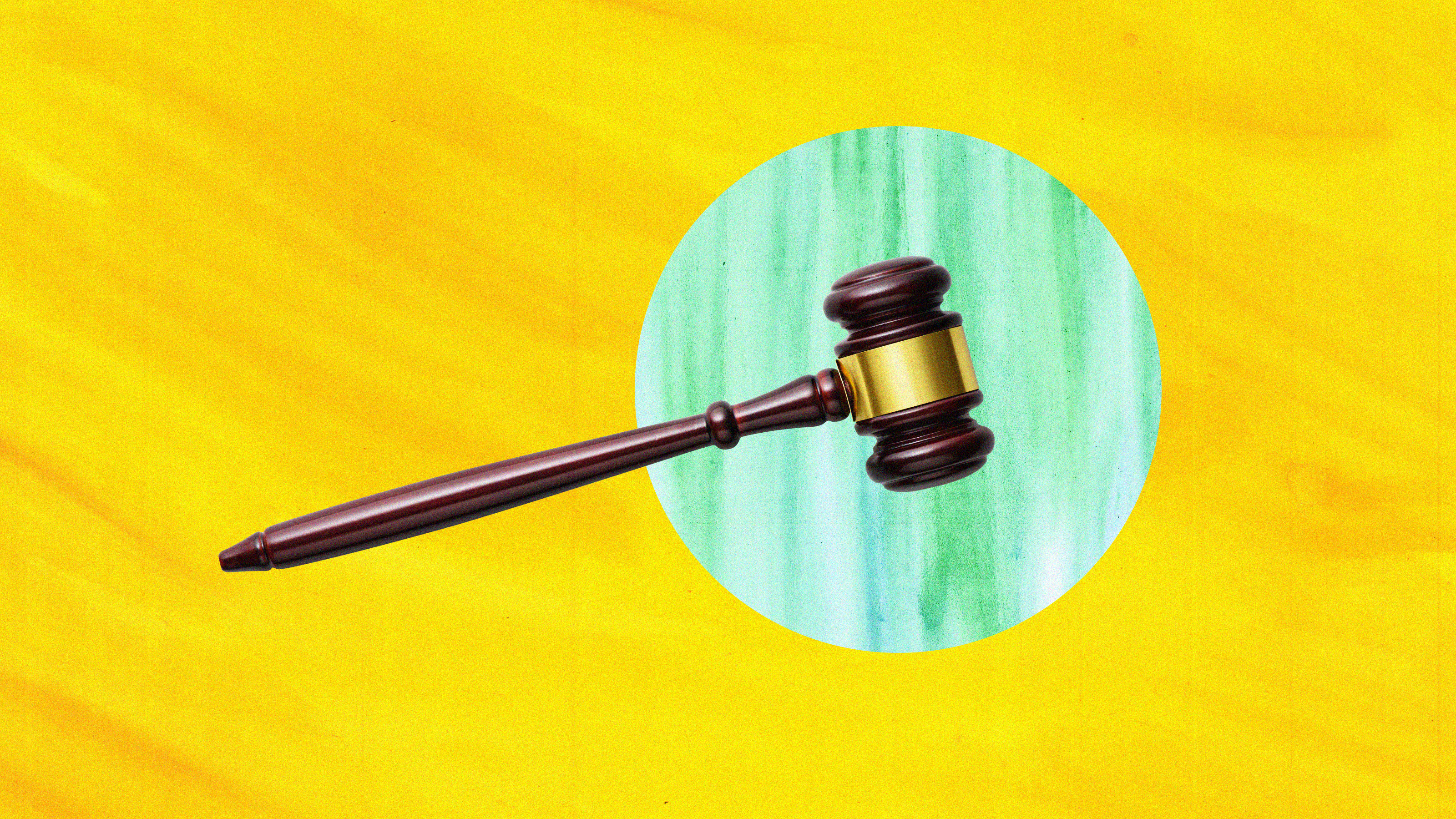Why the Brain Loses Touch With Reality

What’s the Latest Development?
A variation in a fold in the front of the brain accounts for why some people remember events very differently from how they actually happened, says a study just released from the University of Cambridge. Those who lacked the variation, called the paracingulate sulcus, were shown to have significantly weaker memories than those with the variation. Despite the experiment’s results, all subjects judged themselves to have better-than-average memories.
What’s the Big Idea?
The Cambridge researchers found that half the normal population lacks the variation that controls for accurate memory, which may help explain why memory is so notoriously unreliable. The results could also give insight into diseases like schizophrenia where patients have wild hallucinations that break completely with reality. It also begs the question of how much influence neuroscience will play in society as we come to understand more about the brain. Should witnesses to crimes be given MRI scans, for example?





